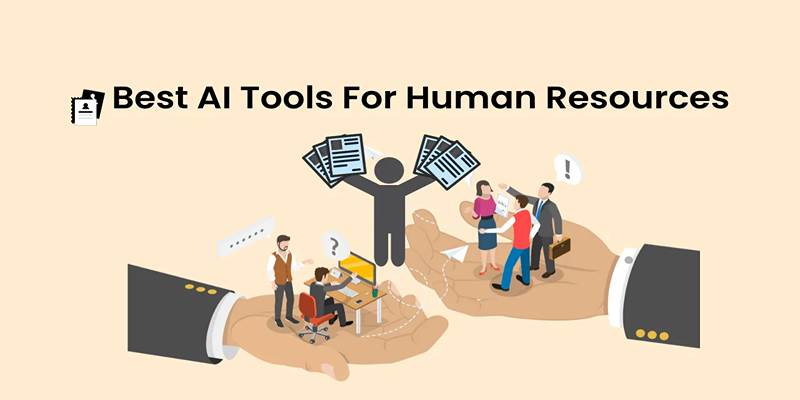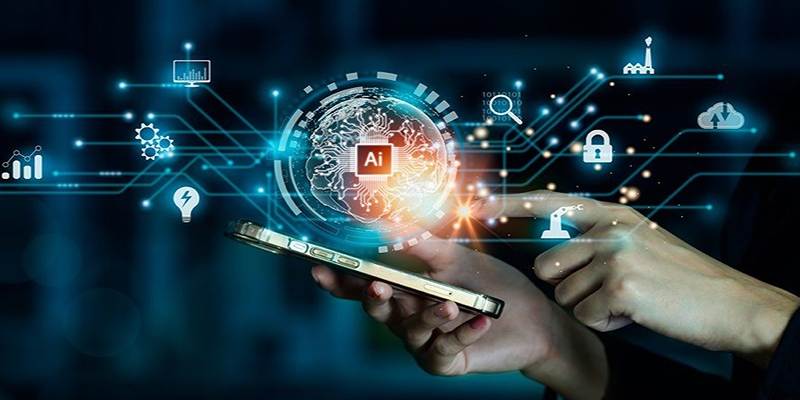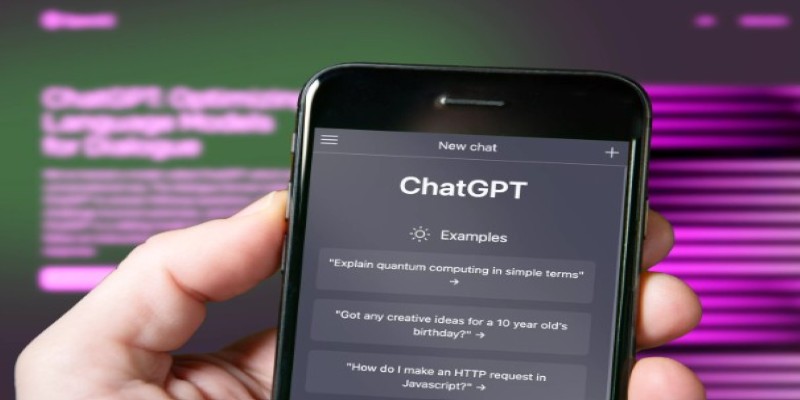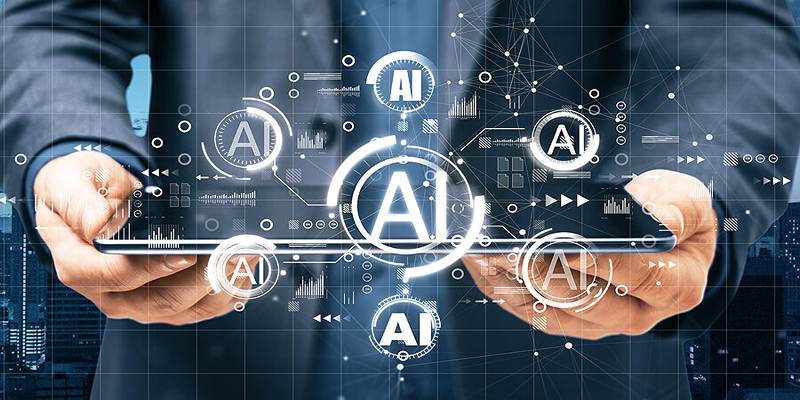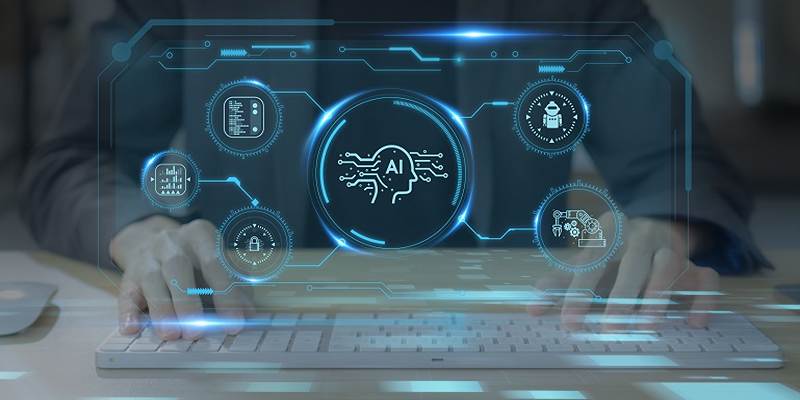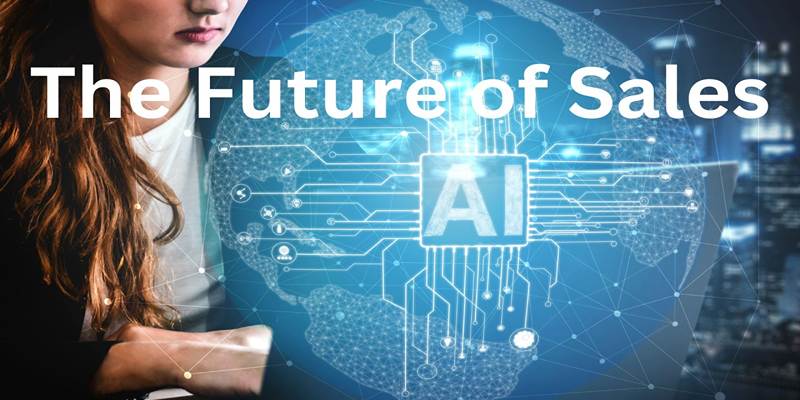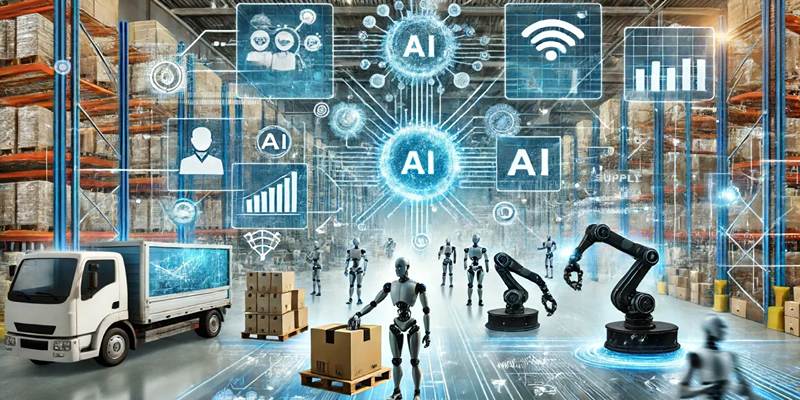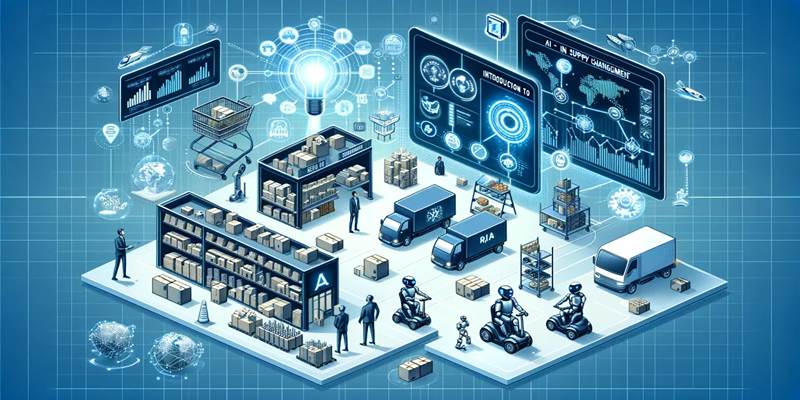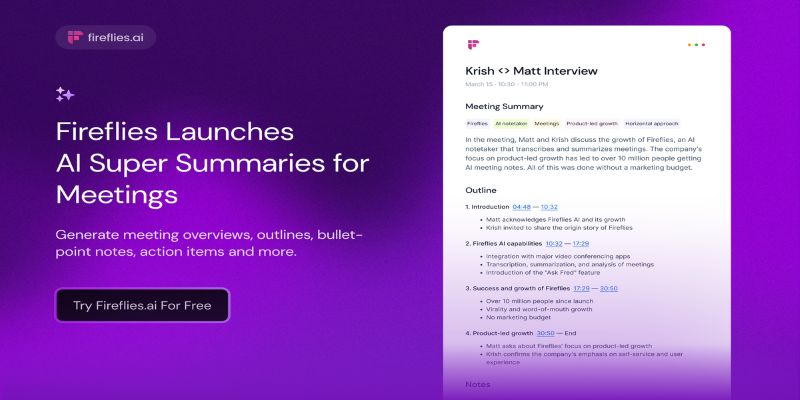In today’s fast-changing world, companies are working hard to become more inclusive and future-ready. Two key areas where this is happening are recruitment and learning. Thanks to artificial intelligence (AI), organizations now have powerful tools to help them hire fairly and train people in smarter, more personal ways.
This post explores how AI is reshaping the way you find talent and how to learn at work. Whether you're in HR, L&D, or leadership, this simple guide will help you understand how to use AI for better, fairer results.
Understanding Inclusive Recruitment
Inclusive recruitment refers to the practice of attracting, hiring, and retaining talent from diverse backgrounds in a way that ensures fairness and equity. It goes beyond just hiring based on qualifications; it includes making conscious efforts to eliminate bias and create equal opportunities for all candidates. Despite growing awareness, unconscious bias often plays a role in traditional hiring. Names, accents, or even educational backgrounds can influence decisions. That’s where AI steps in as a powerful solution.
How AI Enhances Inclusive Recruitment
AI-driven hiring platforms can analyze applications without focusing on personal identifiers. These tools prioritize skills, experience, and job-related qualities, helping companies reduce human bias.
Key Ways AI Supports Inclusive Recruitment
- Blind Resume Screening: AI removes identifiable information like names, gender, and photos, allowing applications to be assessed based on merit alone.
- Bias Detection in Job Descriptions: AI tools can analyze language in job posts and suggest neutral, inclusive alternatives to attract a wider range of candidates.
- Skills-Based Assessments: AI can evaluate technical or soft skills through simulations, coding tests, or scenario-based questions—ensuring the best candidates are selected regardless of background.
- Broader Candidate Reach: AI-powered job distribution tools can post openings across platforms that attract underrepresented groups.
- Data-Driven Hiring Decisions: Analytics tools track diversity metrics across hiring stages and help companies identify areas for improvement.
By focusing on objective criteria and scalable processes, AI contributes significantly to fairer hiring.
Personalized Learning in the Age of AI
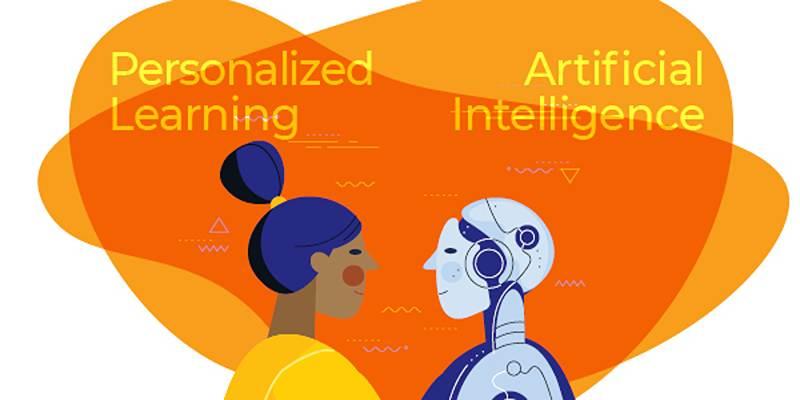
Just as AI is transforming hiring, it is also reshaping how people learn. Personalized learning refers to educational experiences that are customized to match an individual’s pace, preferences, and goals. AI makes this possible at scale by analyzing how a person learns and adapting the content accordingly. In a traditional classroom or workplace training environment, everyone typically receives the same material. However, people learn differently—and AI helps recognize those differences.
How AI Powers Personalized Learning Experiences
AI technology can track a learner’s behavior, progress, and preferences to recommend the most effective learning paths. Whether it’s a student in a classroom or an employee in training, AI ensures the learning journey is relevant and adaptive.
Benefits of AI in Personalized Learning
- Content Customization: AI curates content based on each learner’s knowledge level, helping them master topics at their own pace.
- Real-Time Feedback: Learners receive instant corrections or suggestions, improving engagement and retention.
- Accessibility Features: AI tools can convert text to speech, offer subtitles, or translate materials, supporting learners with disabilities or different languages.
- Behavioral Insights: AI monitors participation and flags learners who may need additional support.
- Motivational Nudges: Automated reminders and encouragement help keep learners motivated and on track.
AI helps democratize learning by making it accessible, efficient, and suited to individual needs.
Bridging Inclusive Recruitment and Personalized Learning
When used together, inclusive recruitment and personalized learning powered by AI can lead to long-term success for both organizations and individuals. Hiring someone based on unbiased, skill-focused methods is the first step. Supporting that individual through personalized development ensures they grow within the company. This combination enhances employee satisfaction, boosts retention, and supports career advancement.
AI’s Role in Talent Development After Hiring
- Identifies Skill Gaps: AI assesses employee performance and suggests training modules for improvement.
- Creates Personalized Career Paths: Based on goals and skills, AI recommends courses or mentorship opportunities.
- Supports Remote Learning: AI-powered platforms offer learning anytime, anywhere, catering to flexible work environments.
- Improves Inclusion Through Accessibility: AI ensures everyone, regardless of learning style or ability, has equal access to professional growth.
This integrated approach results in a more inclusive, productive, and motivated workforce.
Real-World Example: Inclusive Hiring + AI-Powered Learning
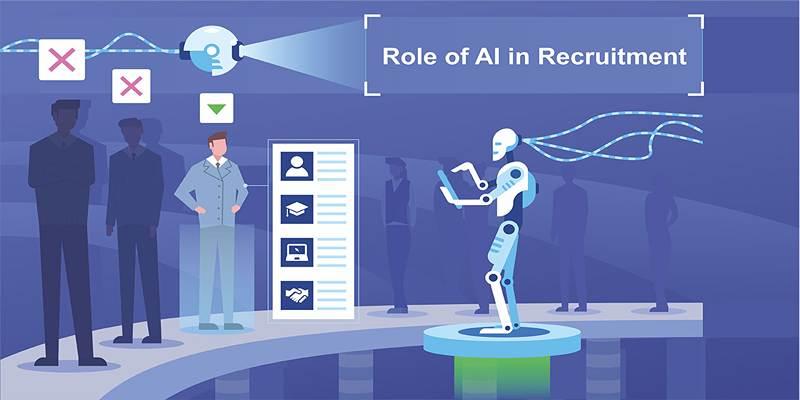
A global consulting firm implemented AI screening to evaluate job applicants based only on skill-based questions. As a result, they saw a 35% increase in hires from underrepresented backgrounds. To support ongoing development, the company also used an AI learning platform that created personalized upskilling paths for new employees.
After one year, the company reported:
- Improved diversity metrics in hiring
- 25% faster onboarding times
- 40% increase in employee engagement with training
These results show that AI doesn’t just help people get hired—it helps them grow.
Considerations Before Adopting AI in HR and Learning
Before integrating AI into recruitment or education, companies should approach it with care and strategy.
Key Considerations
- Ethical Data Use: Collect and manage candidate or learner data responsibly.
- Bias Testing: Routinely audit AI tools for potential bias or unintended consequences.
- Human Oversight: Keep human involvement in decision-making, especially in final hiring steps or learning evaluations.
- Transparency: Inform users when AI is used and clearly explain how it works.
- Accessibility: Choose AI tools that support diverse learners and comply with accessibility standards.
AI works best as a support system—not a replacement for human empathy, values, and responsibility.
Conclusion
AI is opening new possibilities in both hiring and learning. By enabling inclusive recruitment and personalized development, organizations can unlock the full potential of their teams. It is not just about technology—it’s about creating fair opportunities, empowering growth, and building workplaces where everyone belongs. When used thoughtfully, AI becomes a tool for positive change—helping people find the right job and giving them the resources they need to succeed.
